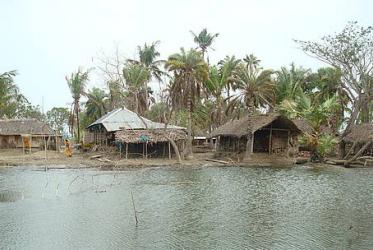Displaying 1 - 10 of 10
Webinar brings Pacific voices for a new creation
10 February 2021
Applications open for WCC Eco-School
22 October 2020
In Fiji, young people ‘walk the talk’ with advocacy
12 September 2019








